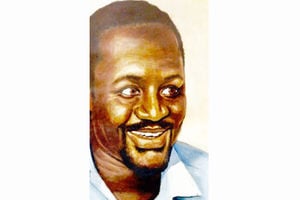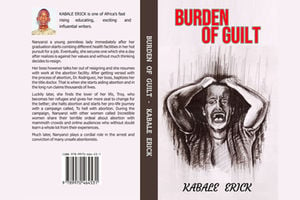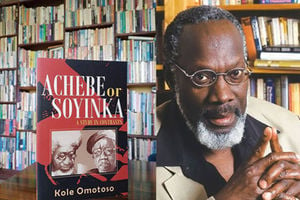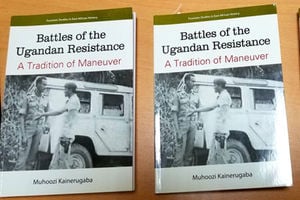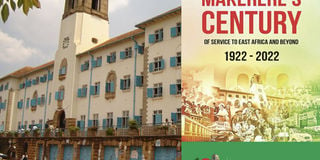
Makerere University used to be known as the Harvard University of Africa.Back in the day, its research-intensive, world-class teaching played an important part in the intellectual life of the interlacustrine region, thanks to illustrious alumni such as Julius Nyerere.
Today, Makerere is not as celebrated as it once was. Still, it has the singular potential to make Harvard University the Makerere University of America, and so much more.
This tome sets Makerere upon this hallowed path by way of the editors collecting and putting down contributors’ opinions regarding the university’s journey from 1922 to the present.
The editors believe that the chapters contained herein offer a glimpse of what Makerere has been and has gone through in the last one hundred years.
It is their hope that the experience of the institution will inform future action as Makerere begins her second century. And, if the greatness of her past is to be reclaimed, will serve as something of a second wind.
Makerere’s Century of service to East Africa, 1922-2022, is edited by A.B.K.Kasozi, Josephine Ahikire, Dominic Dipio, Isaac Tibasiima and Helen Byamugisha.
This editorial quintet does a fabulous job in turning this volume into a companionable and readable offering to anyone who wants to know more about Makerere University.
This is all done in 35 chapters and 10 sections.
Rich Past
“The year was 1922. Makerere College, now Uganda’s premier University – Makerere University (Mak) was founded. And so, we are celebrating a century of existence. Among the significant highlights of Mak’s Centenary celebrations is this book,” reads the preface. “While the volume cannot claim to have covered the university’s history in its entirety, it is basically composed as a collection of critical pieces of the larger story from diverse disciplinary perspectives, in how Makerere has lived to the Motto: “We Build for the Future”. The story is woven around key questions such as: What has emerged as Makerere’s identity? What is Makerere’s overall influence and image in the region, and what would Makerere like to become in the next 100 years?”
A boy’s club
To answer these and other questions, the editors give us a purview of the Makerere of old. In the process, they reveal some rather inconvenient truths. “From 1922 as a technical college, Makerere was cast as a male-dominated institution – with the motto- Let us all be Men,” the book tells us.
However this identity has evolved over time and Makerere is no longer male-dominated. With ladies like Joy Kwesiga, Ruth Mukama, to mention but two, becoming its key educators, Makerere University is now a bastion of gender equality.
State formation
Makerere University has always been caught in the crosshairs of Uganda’s leaders. As an institution which promotes free thinking and the intellectualism which accompanies it, this was inevitable.
As a consequence, several of the university’s student leaders have been hounded into exile after coming into intellectual disagreement with government.
Although, through the years, Makerere has been at cross purposes with the designs of the state, its reputation as a beacon of intellectual engagement has not changed. This is because its present stands on the firmness of solid past achievements.
“From the colonial era, Makerere was part and parcel of statecraft, and the ideological and political objectives of the colonial state very much shaped its curriculum and pedagogy,” Joshua Rubongoya tells us in Chapter 5.
It would appear that, to stay to true to its founding, Makerere must continue playing a role in how Uganda’s state is crafted.
Research
As Makerere continues ‘growing a research-led university’, A.B. K Kasozi promotes in chapter 13 “the centrality of knowledge generation and dissemination as a core value in a university system. The ultimate end of university education is to produce the kind of knowledge and high-level human products that can address societal needs.”
A lot here depends on funding, specifically by Ugandan society. So the country can plough back such funding into creating a better Uganda.

